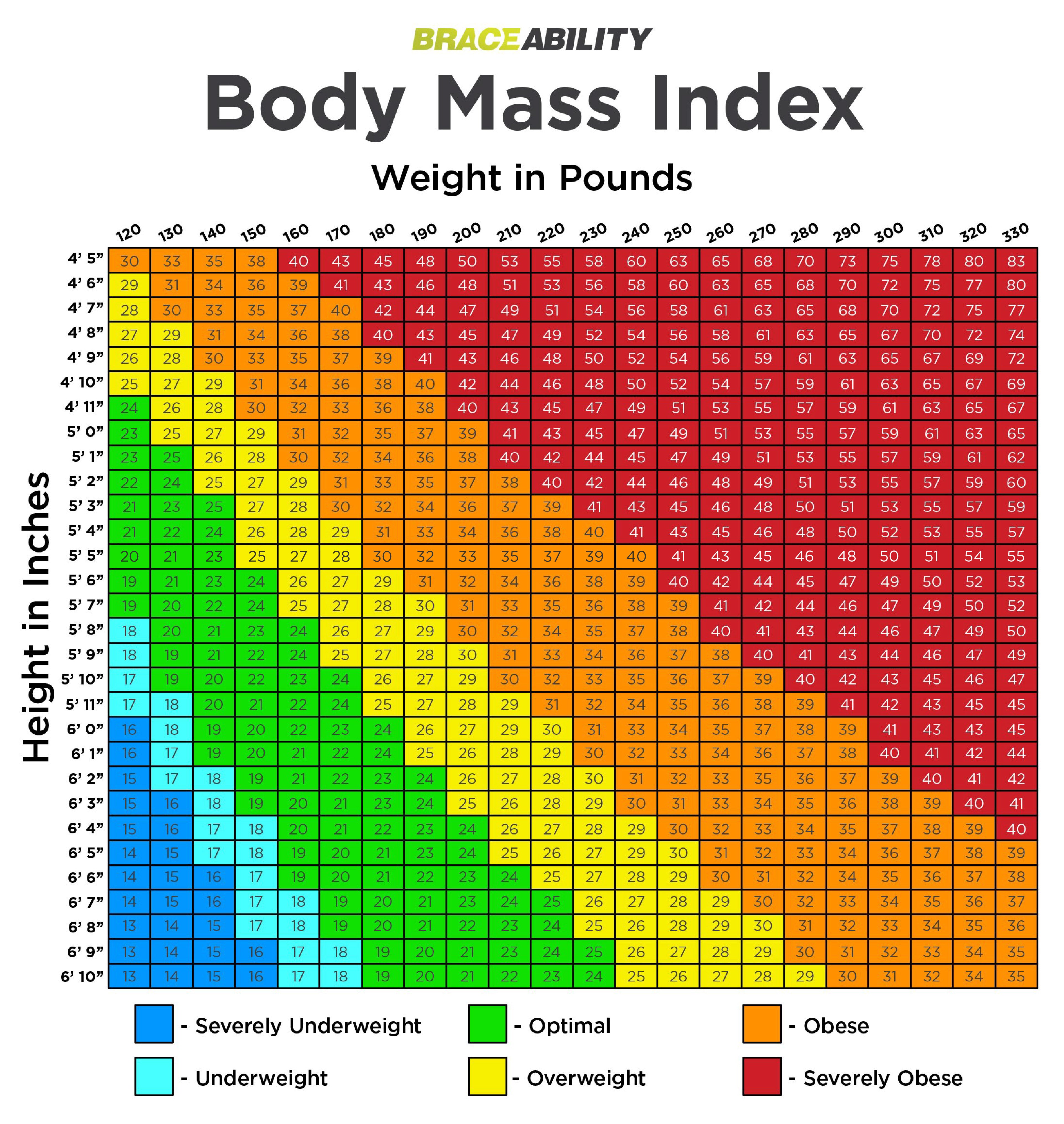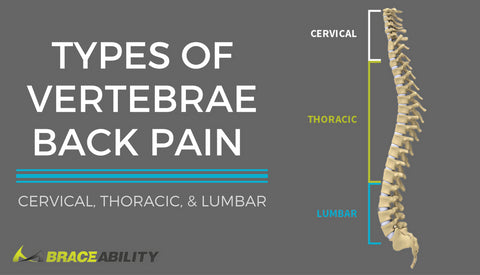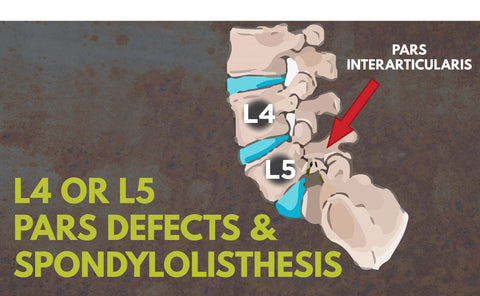Are You Overweight or Obese? Use This Easy BMI Calculator to Find Out
What Does It Mean to be Obese?
Obesity is medically defined as having an excess of adipose tissue. You may be wondering what is adipose tissue? Well, adipose tissue is essentially the medical term for fat, or loose connective tissue. If a person is considered obese he or she has accumulated enough body fat that it is negatively impacting their health. The negative impacts from obesity can be severe and extreme so it is important you take your body weight seriously. The first step towards better health is acknowledging whether or not you are obese and if you need to make lifestyle changes.
How Do I Tell If I’m Overweight or Obese? (Without Doing A lot of Math...)
In general, you are not considered obese until your body weight is at least 20% higher than it should be. The most common way to determine whether or not you’re a healthy weight is through a little thing called the body mass index, or BMI. BMI calculations are done by taking your weight in kilograms divided by the square of your height in meters. If you live in the United States, like us, you’re a stranger to kilograms and meters, and all that math sounds way too complicated. But look no further, we have made this handy chart for your to quickly determine your BMI!
How Do I Determine my Body Mass Index?

In general, If your BMI is between 18 and 25 you are a normal weight. If your BMI ranges between 25 to 30 you are overweight. If you’re BMI is over 30 you’re considered obese.
But Wait... I Work Out! That’s Not Fat, It’s Muscle!
For those of you who spend a lot of time in the gym, lifting, exercising, or otherwise building muscle mass, there are some issues with the BMI measurements that you should consider when using the chart above. For example, the measurements do not take into account a person’s waist, chest or hip measurements. This means that someone who may have extremely high muscle mass and low body fat could have a higher BMI than someone who does little to no physical activity.
Essentially, the body mass index may lend itself to underestimate the amount of body fat in overweight people and overestimate it in lean and muscular individuals. Have no fear there are other highly regarded ways to calculate your body mass index that take into consideration this aspect.
What’s Another Way to Tell if I'm a Healthy Weight?
BMI is not the only highly recommended way to determine if you’re a healthy weight, or what your ideal weight should be. Another commonly used method is called waist-hip ratio, or WHR. With the waist to hip ratio, using a soft tape measure, you find the circumference of your waist to that of your hips. You should measure the smallest circumference of your waist, right above your belly button, and divide that total by the circumference of your hips at the widest part. This one you should be able to easily do on your own. Once you’ve got your measurement done reference the table below to see what your body mass index means.
Struggling to figure out where to measure yourself? Learn how to measure here.

Okay, so now that you know what your body mass index is, it’s vital you considered some important things. If you are considered obese you are at much higher risk for many serious health conditions. Having that excess fat on your body puts extra stress on your body's bones, muscles, and organs. Here are some of the serious conditions an obese person has increased risk for:
Health Problems Caused by Obesity
- Heart disease and cardiovascular problems: Obesity can affect your heart health in a variety of ways. When it comes to coronary heart disease, your risk rises as your weight rises. Coronary heart disease is essentially a plaque buildup inside of your coronary arteries. These arteries are vital to our health as they supply the oxygen-rich blood to your heart. Obesity also has a direct link to heart failure, as your heart can’t pump the amount of blood your body needs.
- Type 2 diabetes: Diabetes is a chronic condition that alters the way the body processes blood, sugar, or glucose. Type 2 diabetes is the most common form of diabetes and usually happens in people who are overweight. If you have type 2 diabetes your body isn’t properly breaking down insulin. Diabetes is one of the leading causes of early death, blindness, and stroke.
- Some forms of cancer: The world cancer research says that roughly 20% of cancer cases in the US are linked to body weight, unhealthy diets, excess alcohol consumption, or could be prevented. Being overweight increases your chances of breast, kidney, pancreas, colon and rectum, esophagus, and endometrium cancer.
- Osteoarthritis: Osteoarthritis is caused by aging joint and obesity. Essentially, the excess weight puts even more strain on your joints. If you have osteoarthritis, your joint cartilage is degenerating.
- Sleep Apnea: Sleep apnea occurs if your breathing cycle alters while you’re asleep. Most commonly people with this condition will have more pauses while they breathe when asleep. This condition is linked to obesity because it is more common in people who have more fat stored around their neck. The excess fat makes the airway more narrow and breathing more difficult.
- Chronic knee and back injuries: Because of the excess weight that is on the body of an obese person there is an increased amount of strain on the body's bones, muscles, ligaments, joints, and organs. This can cause lots of chronic aches and pains in areas like your back, knees, etc. This also lends itself to medical conditions like knee arthritis, osteoporosis, bulging discs, lordosis, compression fractures, etc.
At BraceAbility we have created braces for plus sized or obese individuals who may be suffering from some kind injury to the body. View all of our plus sized braces.
These braces range from anything like knee pain to posture correction.











